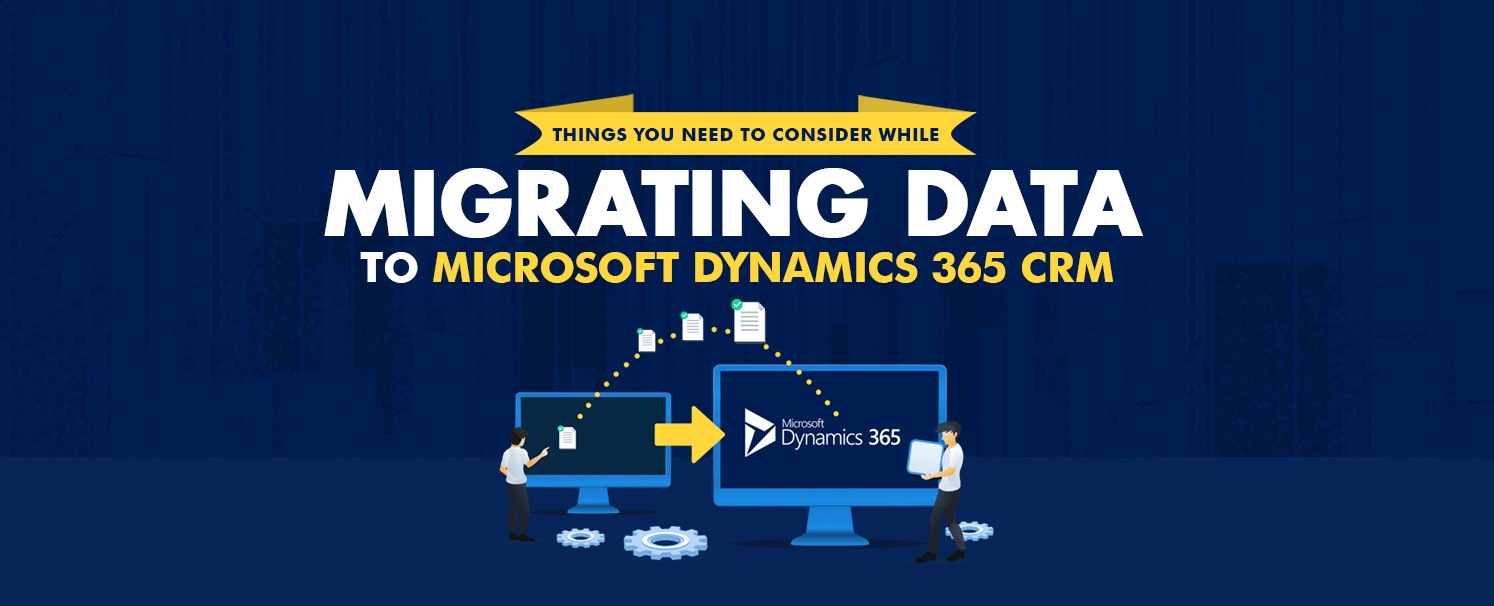Migrating from a different CRM system to Microsoft Dynamics 365 CRM can be daunting for any organization. However, the process can be streamlined and successful with the right plan and approach. This article will discuss the steps involved in migrating to Microsoft Dynamics 365 CRM and the benefits of using it and ERP consulting services.
STEP 1— Migrating Data:
The first step in migrating to Microsoft Dynamics 365 CRM is to assess your current CRM system and identify the data and features that need to be migrated. This includes evaluating the data structure, customizations, and integrations with other systems. Once this assessment is complete, you can begin mapping out the data and features that need to be migrated to Microsoft Dynamics 365 CRM.
STEP 2— Cleaning and Formatting:
Next, you will need to prepare your data for migration. This involves cleaning and formatting the data to ensure it is compatible with Microsoft Dynamics 365 CRM. This may also involve de-duplicating data, removing unnecessary fields or records, and converting data types.
Once your data is prepared, you can begin the actual migration process. This can be done through various methods such as data import, data migration tools, or manual data entry. Choosing a technique best fits your organization’s needs and resources are essential.
Click here – How to Feel Confident Through Your Style
STEP 3—Verification:
After the migration process is complete, it’s essential to verify the accuracy and completeness of the data in Microsoft Dynamics 365 CRM. This includes testing the data, customizations, and integrations to ensure they work as expected.
Advantages Of Using Microsoft Dynamics 365 CRM:
Automation:
One of the most significant advantages of using Microsoft Dynamics 365 CRM is the ability to automate and streamline business processes. With Microsoft Dynamics 365 CRM, you can automate tasks such as lead generation, sales forecasting, and customer service, which can help to increase efficiency and productivity.
Real-Time Insights:
Another benefit of using Microsoft Dynamics 365 CRM is gaining real-time insights into your business operations. With the built-in analytics and reporting features, you can quickly and efficiently track and analyze key performance indicators, such as sales, customer engagement, and marketing ROI.
Microsoft Dynamics 365 consulting services:
To further enhance the benefits of using Microsoft Dynamics 365 CRM, organizations can also consider using Microsoft Dynamics 365 consulting services. Microsoft Dynamics consulting services can help organizations to optimize and customize their Microsoft Dynamics 365 CRM systems to meet their specific business needs.
Click here – How to Make Sure Your Parcels Arrive Safely in the Mail
ERP Consultants:
ERP consultants can also be beneficial for organizations that are migrating to Microsoft Dynamics 365 CRM. ERP consultants can help organizations to integrate their CRM systems with other business systems, such as accounting and inventory management, to create a seamless and efficient workflow.
In conclusion, migrating from a different CRM system to Microsoft Dynamics 365 CRM can be complex and time-consuming. However, the process can be streamlined and successful with the right plan and approach. Using Microsoft Dynamics 365 CRM and ERP consulting services, organizations can optimize and customize their CRM systems to meet their specific business needs and gain real-time insights into their operations.

